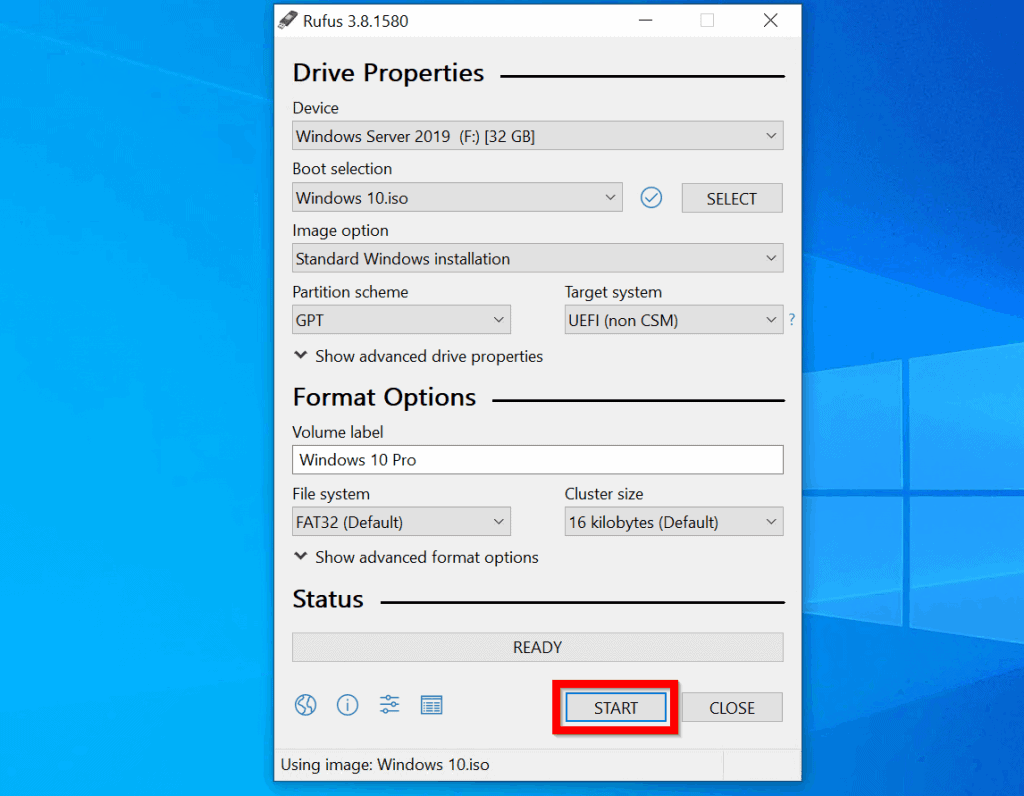

Mount the ISO you wish to add to the USB drive so you can access the files in there.Mount the USB drive like you would any other external storage so you can access the filesystem on the partition you created.All UEFI compliant firmwares must support FAT12, FAT16 and FAT32, so any of these should be fine, but NTFS will not work. Format a partition on the USB drive to FAT32 using GParted.In GParted, chose "Device" and then "Create partition table.".

Create a GPT partition table on your USB drive.

This is what I do to create a bootable USB drive for UEFI firmware: Don't know why, but WinUSB worked so I didn't investigate further.) (Edit: I just tried this with Windows 10 without success. I've successfully done this with both Windows 8.1 and Ubuntu 14.04, but I can't vouch for any other OS. The ISO must be configured for UEFI boot for this to work. CSM)) all you'll need is GParted and a file manager. If you boot with UEFI (not BIOS or UEFI with BIOS compatibility mode (a.k.a.


 0 kommentar(er)
0 kommentar(er)
